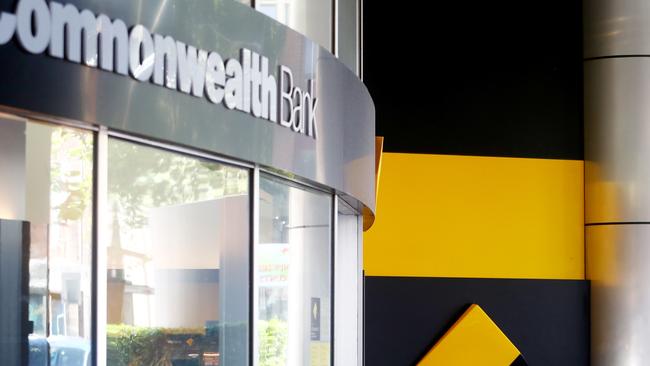Australian companies struggling to take calls after coronavirus closed offshore call centres
The decision to move customer service overseas is coming back to bite some Australian companies after the coronavirus forced offshore call centres to shut down. A News Corp investigation found it could take up to two hours to access vital services and, some companies, are rejecting calls altogether. See list of companies.
Coronavirus
Don't miss out on the headlines from Coronavirus. Followed categories will be added to My News.
Many of Australia’s biggest companies are rejecting customer calls or keeping them on hold for as long as two hours as outsourcing jobs to foreign call centres comes back to bite them.
The firms, from banks and telcos to travel and transport companies, are struggling to respond to customers during the coronavirus pandemic after operations in the Philippines and India were shut down, and some have been forced to suspend services.
Experts say the problems should serve as a wake-up call about the risks of moving jobs overseas, and could trigger more firms to bring roles back to Australia.
A News Corp investigation found Australians are being kept on the phone for up to two hours to access vital services but many phone calls were routinely being rejected in a bid to deal with an influx of enquiries and having fewer staff.

Vodafone, which announced more job cuts from its Hobart call centre late last year, is currently rejecting most phone calls, saying the company could “only assist with urgent enquiries at this time”.
Optus and Telstra are redirecting customers to online portals, Australia Post will no longer answer calls about lost or late deliveries, and firms including the Commonwealth Bank and Centrelink are rejecting phone enquiries outright even though they use Australian operators.
Qantas, which has been inundated with cancellations after a national ban on overseas flights, is offering to call customers back to reduce their time on the phone.
Australia’s customer service dramas came after a strict lockdown in the Philippines, now extended until April 30, shut down their call centre operations and a lockdown in India, where citizens have been told to remain in their homes for 21 days.

Virtual HQ chief executive Michael Davison said the announcements had a devastating effect on many Australian companies who had outsourced customer service.
“In the past weeks, we’ve seen a huge spike in calls from companies scrambling to either replace now defunct south east Asian call centre operations or to back-up overstretched Australian call centre teams,” he said.
Big firms who had resisted moving their call centres overseas, or kept some staff in Australia, had a major advantage over those who did not, customer service expert Chris Smoje said.
“Businesses who have overseas call centres are definitely being caught off-guard,” he warned.
“There are some businesses doing better during these times and they’re businesses that have call centres based in Australia. In the last three years or so, some big businesses have tried to change negative stereotypes around their markets and keeping call centres in Australia has been number one on the list.”
The COVID-19 outbreak could also be a trigger for more businesses to bring customer service back to Australia, he said, with some already saying they would “start to do that or look into doing it”.
Telstra has become one of the companies hiring more Australian workers during the pandemic, and customer service executive Meg Bonighton said most of its 2500 upcoming recruitments would be for “customer-facing roles”.
She said the closure of Telstra’s overseas call centres had “quite a significant impact” on customer enquiries and had forced the company to fast-track and release a new MyTelstra app to help customers get help, find information, or change their plans.
Social distancing rules had also had an “immediate impact” on local call centres, Ms Bonighton said, as it meant many agents now worked from home and Telstra could “have fewer bums on seats (in offices) to support our customers”.
Services Australia, in charge of Centrelink and Medicare, is also recruiting 5000 additional staff members, many to help handle the increase in calls to its hotlines.
CALL CENTRE REPORT CARD
Centrelink: Call rejected
Australia Post: Call rejected
Vodafone: Call rejected
Commonwealth Bank: Rejected after 15 minutes due to “technical difficulties”
Qantas: One hour and 10 minutes
NAB: 25 minutes
ING: 16 minutes
Westpac: 13 minutes
ANZ: 3 minutes
Optus: Asked to send a message
Telstra: Redirected to online portal
Virgin Australia: 2 minutes

